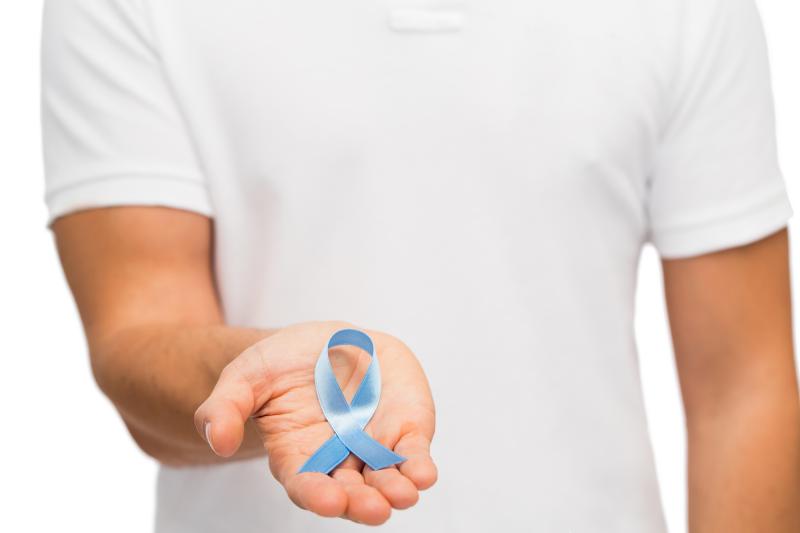 Prostate cancer is a silent killer. Many may not be aware of the illness until it is too late.
Prostate cancer is a silent killer. Many may not be aware of the illness until it is too late.Men with higher optimistic action traits are less likely to seek help for psychological needs after being diagnosed with prostate cancer, a new study has found.
Using mail-out surveys, researchers assessed the psychological care needs and psychological and emotional help-seeking behaviours among 225 prostate cancer survivors (mean age, 67.74±7.20 years). Masculine beliefs and ideologies, collectively termed as masculinities and measured using the Masculinity in Chronic Disease Inventory (MCD-I), were also evaluated in the surveys.
A third (n=75) of the participants had some degree of unmet psychological needs at baseline. Of these, 27 percent sought support within 6 months, while 33 percent did so within a year. The general practitioner was the most common source of support (>25 percent), while 20 percent of the participants reported seeking help from their peers.
Of the masculinity subdomains, optimistic action showed a significant correlation with psychological needs both at 6 months (p<0.01) and 12 months (p=0.01). No such effect was reported for the other subdomains.
Particularly, men who scored higher on the optimistic action subscale and had great psychological need were significantly less likely to seek for support at both time points (odds ratio [OR], 95 percent confidence interval [CI], 0.01–0.46 and OR, 0.13, 95 percent CI, 0.26–0.65, respectively). They were more likely to agree with the statement “I like to take action in the face of problems.”
“Clinicians should be aware that men with chronic illness who appear to approach challenges with optimistic action, may in fact be less likely to seek psychological help when needed,” said researchers.